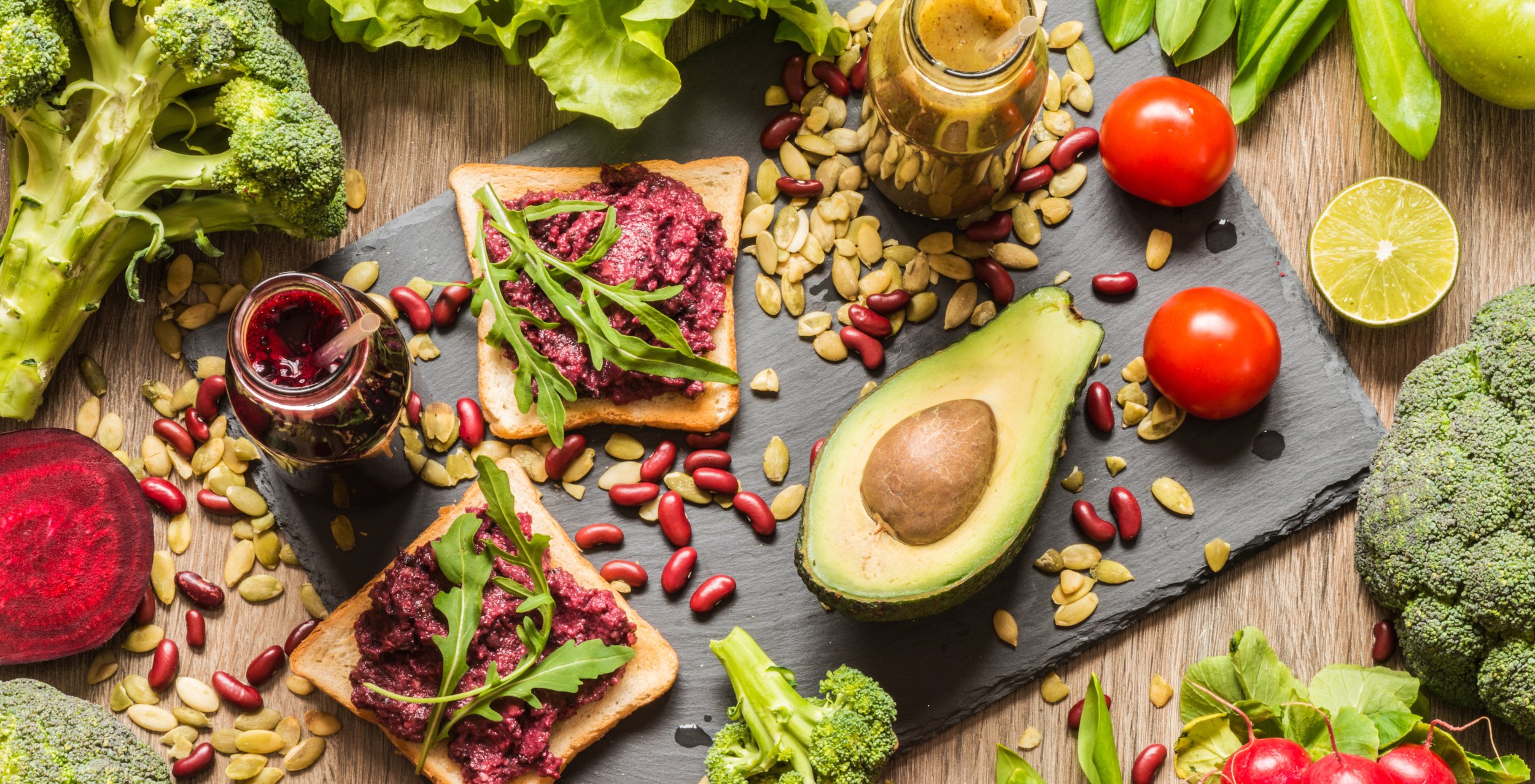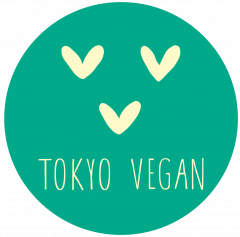
Vegan 101
What is the vegan movement, and why are so many people choosing to follow a vegan lifestyle?
What is veganism?
“Veganism is a way of living which seeks to exclude, as far as is possible and practicable all forms of exploitation of, and cruelty to, animals for food, clothing or any other purpose.”
– The Vegan Society (The oldest and most respected Vegan Society in the world)
Vegan is a term used to describe products, such as food, clothing and cosmetics that do not contain animal ingredients and have not been tested on animals.
Why go vegan?
For the Animals
At present, over 56 billion land animals are bred and killed every year.
A staggering 70% of birds, and 60% of mammals are now livestock animals, with just 4% of animals living wild (humans = 36%).
This figure does not include fish, whose numbers are too great to measure, or the millions of animals killed for other human purposes.
The majority of these intelligent, sensitive beings live terrible lives confined in small cages on factory farms, before being sent to slaughter at a very young age (For example, the average slaughter age for a broiler chicken in the EU is just 5-7 weeks).
As more people learn about the horrific conditions under which animals live and die, they are shunning animal foods in favour of kinder vegan alternatives.
For Our Planet
In addition to being the second largest contributor of emissions (greater than all modes of transportation combined), animal agriculture is also responsible for around 20-33 percent of all the world’s fresh water consumption, and is one of the leading causes of deforestation, biodiversity loss and fresh water pollution. The damage caused by animal agriculture extends to the oceans as well, with scientists now warning that our seas could be empty of fish by 2048.
The author of a comprehensive study conducted at the University of Oxford goes so far as to state that “A vegan diet is probably the single biggest way to reduce your impact on planet Earth, not just greenhouse gases, but global acidification (air pollution), eutrophication (water pollution), land use and water use.”
For Personal Health
Two of the most pressing health issues of the modern age are coronary heart disease (linked to high levels of dangerous cholesterol) and diabetes type 2.
Studies show that cholesterol levels are lower in vegans (whose diets tend to be higher in healthy fruits & vegetables, and lower in saturated fats) than in the standard population, and that vegans have a lower chance of developing diabetes.
For Public Health
And it isn`t just those who actually consume animal products who get sick. Cross-contamination and runoffs from factory farms are putting everyone at risk.
Overcrowded factory farms, as well as other facilities in which animals are routinely confined, are literally a breeding ground for disease. This fact has been made all the more evident by the recent COVID 19 pandemic, which originated in a live animal market.
Apart from the risks posed by corona, avian, and pig flu viruses, harmful bacteria such as campylobacter, salmonella and, e.coli from animal products, sicken millions of people every year.
Another pressing issue is antibiotic resistance. Around 80% of all antibiotics are now fed to farm animals, not just to treat infections, but to keep them alive in unnatural conditions, and as growth promoters. This reckless overuse of our most precious drugs increases the risk of antibiotic resistance, meaning increasing antibiotic failure for human diseases.
For more information on this important topic please read the Surge Activism Pandemic White Paper avaialble in English and Japanese (Japanese version translated by Tokyovegan.org volunteers).
For Human Rights
At present, there are 815 million people on our planet who do not have enough to eat, yet, over half the world’s agricultural land is used for livestock farming, and 34% of human-edible crop calories are fed to animals in the meat and dairy industries.
If human beings stopped using land and edible crops to raise livestock animals, we could potentially end world hunger.
Kinder to animals, kinder to our planet, kinder to humans
Choose kindness, choose vegan.
Vegan FAQs
-
No. It can take a little time to figure out in the beginning, but following a vegan lifestyle has never been easier. These days there is an abundance of of vegan-friendly products readily available in supermarkets and stores everywhere.
-
Vegans eat the same basic things as everyone else: vegetables, fruit, rice, grains, tofu beans, along with plant-based versions of the foods many people enjoy such as burgers, hot dogs,pizza, ramen, “fish” and chips, gyoza, sushi, fried “chicken”, ice-cream, cake – even “milk” chocolate. You can make practically any food vegan, and as demand grows, more and more products are becoming available in every county, including Japan.
-
Absolutely! According to both the British & American Dietetic Associations, “a well-planned vegan diet is suitable for people of all ages”. In fact, many people all over the world adopt vegan diets specifically for their health. For more detailed information about vegan nutrition we recommend The Vegan Society.
-
Absolutely not. While some vegans follow religions, others don’t.
-
We suggest increasing the amount of vegan meals you eat, while, at the same time, continuing to educate yourself on the reasons to be vegan. For nutrition info (in English) we recommend The Vegan Society. Many people also choose to join Meetup events or online vegan groups, where they can find like-minded friends, ask questions, and share information.





